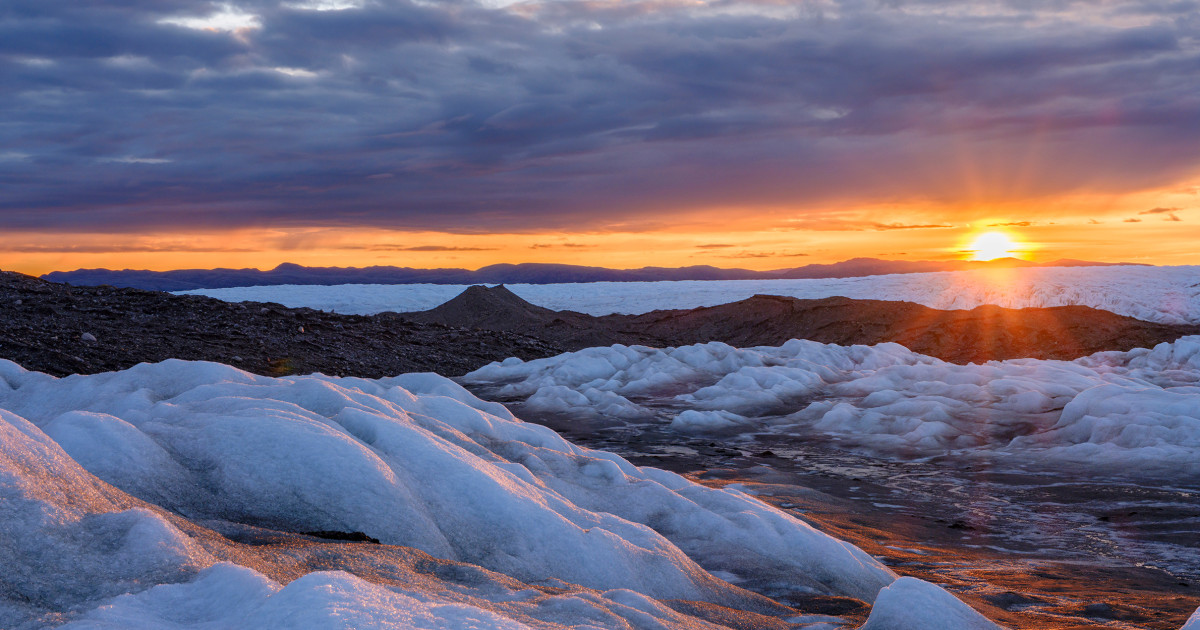A new study found that ice loss caused by climate change is redistributing mass on the Earth enough to alter its spin.
Global warming has slightly slowed the Earth’s rotation — and it could affect how we measure time.
A study published Wednesday found that the melting of polar ice — an accelerating trend driven primarily by human-caused climate change — has caused the Earth to spin less quickly than it would otherwise.
The author of the study, Duncan Agnew, a geophysicist at the Scripps Institution of Oceanography at the University of California San Diego, said that as ice at the poles melts, it changes where the Earth’s mass is concentrated. The change, in turn, affects the planet’s angular velocity.
Agnew compared the dynamic to a figure skater twirling on ice: “If you have a skater who starts spinning, if she lowers her arms or stretches out her legs, she will slow down,” he said. But if a skater’s arms are drawn inward, the skater will twirl faster.
Less solid ice at the poles, then, means more mass around the equator — Earth’s waist.



Not great, but at least it gives my gf more room to be on time when we need to go somewhere.
Just manually adjust all the clocks to be fast